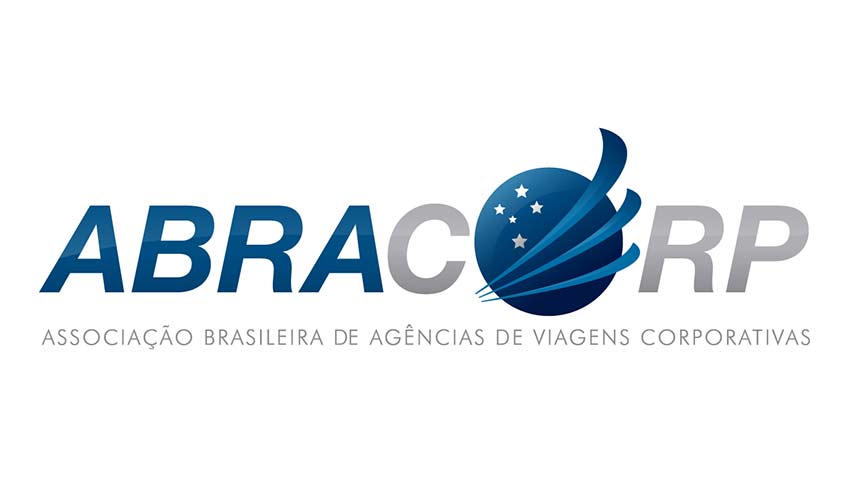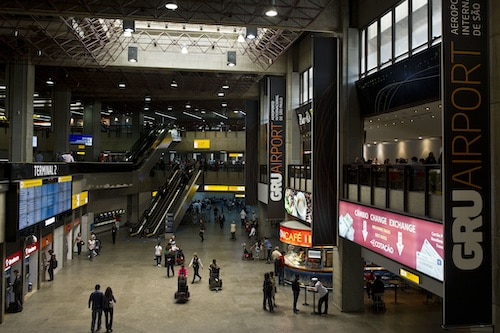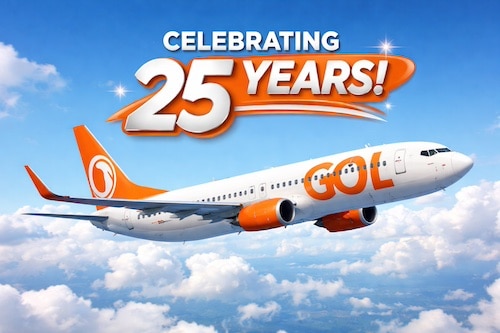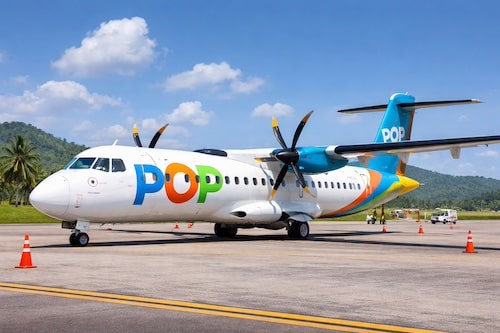

According to the advisor of the National Civil Aviation Secretariat, Paulo Henrique Possas, in 2025 air aviation in Brazil should serve 200 million passengers. In 2018 there were 110 million and in 2019, 120 million. Closer and closer to federal public authorities, Abracorp invited Possas to share information on the Economic Perspective for Aviation in Brazil.
“Today, 130 cities are served and our goal is to expand the air network to 200 by 2025,” he said. With the current 130 airports that have regular flights in Brazil, attracting international airlines, through the improvement of airport infrastructure and the open sky policy, make up the public strategy.
Deliveries made in 2019 include a new Macapá terminal (April); Grenfiled Airport in Vitória da Conquista (July); construction of Courtyard No. 7 in Guarulhos (August); new terminal in Florianópolis (September) and extensions in Porto Alegre (November) and Salvador (December). From 2011 to date R$ 20 billion has already been invested and another R$ 16 billion is expected.
“The business environment is favored by the opening of foreign capital participation, extinction of baggage allowance, visa waiver and duty free quota increase from US$ 500 to US$ 1,000 per person. And more foreign airlines are already showing interest, including flying to cities within Brazil, such as Ryanair in a deal with Globalia, ”said Passos.
According to the studies of the Civil Aviation Secretariat, what inhibits the development of civil aviation in Brazil is legal litigation. Unlike other markets, where all airline litigation does not exceed 3%, in Brazil, the cost of the average airline ticket is impacted by the amount of civil actions.



